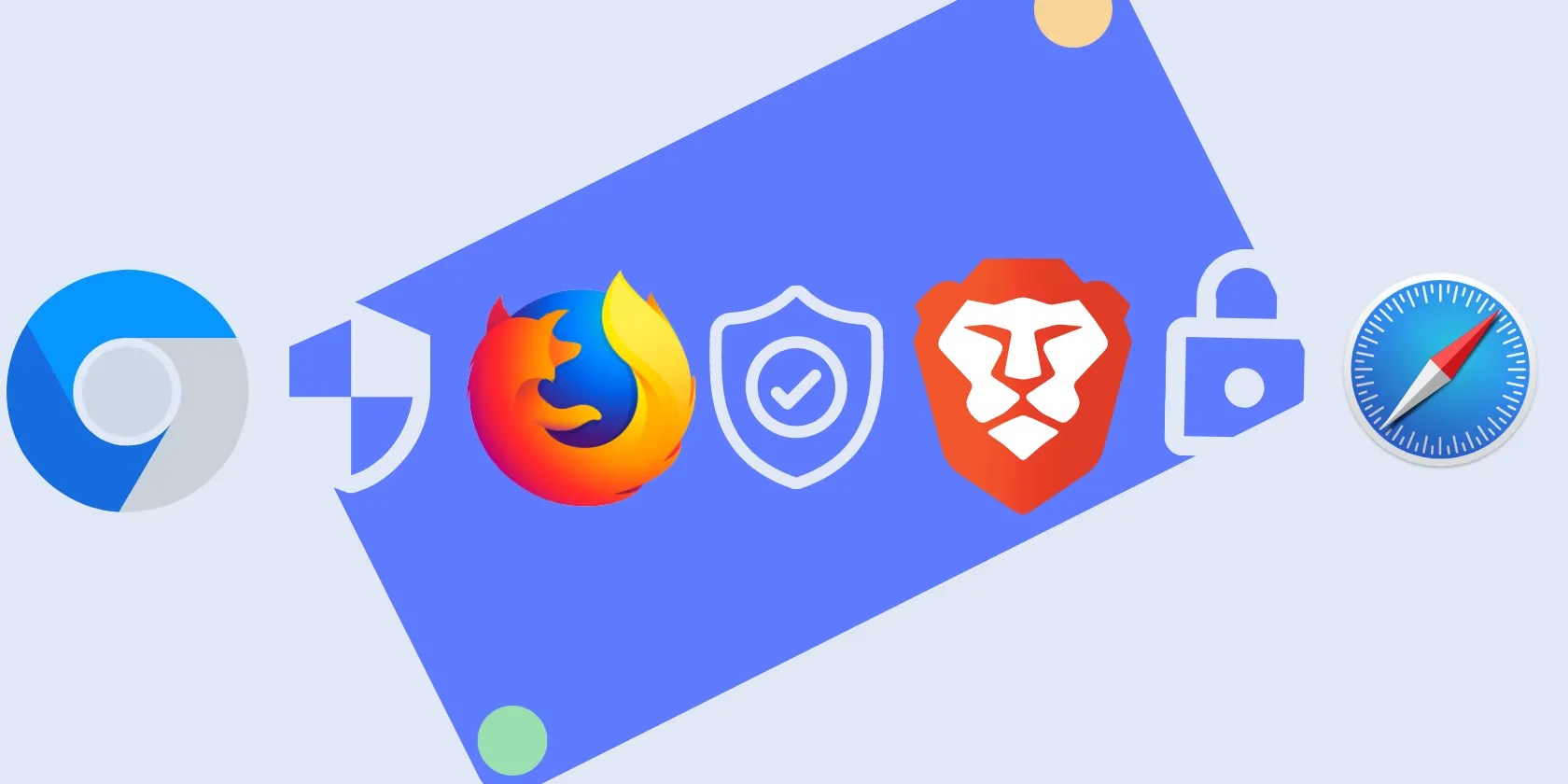What Makes a Web Browser Secure? Look for These Features
Web browsers are our window to the World Wide Web, but much like every window, a browser is a two-way street. Hence, not only does a web browser enable us to access the internet, but it also allows malicious entities to peek into our systems.
Therefore, you want a secure web browser, one that protects you from all the malicious entities lurking on the internet but how do you find the perfect browser, and which one do you choose?

Why Do You Need a Secure Browser?
We know that browsers help us connect to the internet, but browsers have advanced over the years. Now they try to make our lives easier by storing passwords, credit card information, and addresses so that we don’t have to remember them. But malicious entities can get their hands on this information if the browser we use is not secure enough.
In addition, we search for many confidential things on the internet, and if the browser we use is not secure, it can leak our personal information. Using this information, companies can create individual profiles, which can be used to track us on the internet and influence our decisions. Also, with the rise in crypto mining, hackers have started deploying malicious scripts to mine cryptocurrencies by high-jacking browsers to perform crypto mining operations in compromised browsers.

So not having a secure browser can put your browsing habits, credit card information, passwords, and CPU computation power at risk. This information can then be used to perform crypto mining, botnet attacks, financial damage, identity theft, and social media attacks.
This clearly shows that having a secure browser is the need of the hour, but what makes a browser secure? Well, let’s find out.

What Makes a Browser Secure?
Now that you know about the problems that come with an unsecured browser, here are some browser features that can make them more secure. Look for these to help determine if a web browser can help protect you on the internet.
Is Your Browser Secure Enough?
Be it Safari, Google Chrome, Opera, Edge, or Firefox, no browser is inherently secure. Security has as much to do with the person using the browser as it does with the browser itself. Plus, any browser in its default settings is not secure, as it is designed to offer a good user experience.
Due to this reason, browsers allow websites to set third-party cookies or run JavaScript by default. To make a browser secure, you need to tweak the default settings on their browsers to make it secure. Doing the same on different browsers requires tweaking different settings for your browser.

That said, every browser you use comes with different privacy settings. Google Chrome, for one, is designed by Google, and the mogul wants to get its hands on all your data. As a result, using Chrome will always put your privacy at risk.
On the contrary, browsers like Firefox, Tor, Safari, and Brave are built with user privacy in mind, and tweaking the settings on these can make them more secure—protecting you on the internet.

Which Browser Should You Use?
When it comes to browsers, one size does not fit all. If you are part of the Apple ecosystem, then using Safari makes sense as it integrates with the ecosystem. On the other hand, if you are a Windows user, then using Edge, Firefox or Brave can be more secure when compared to Google Chrome as these browsers are not designed to collect user data but allow them to connect to the internet securely.
Safe browsing is an ongoing task rather than a set-it-and-forget-it affair. We’ve come up with some essential tips to help you browse more safely.
You’re conveying the wrong meaning when you send these emojis.
Love fades, even for the best open-source darling.
Freeing up vital memory on Windows only takes a moment, and your computer will feel much faster once you’re done.
This small feature makes a massive difference.
Quality apps that don’t cost anything.